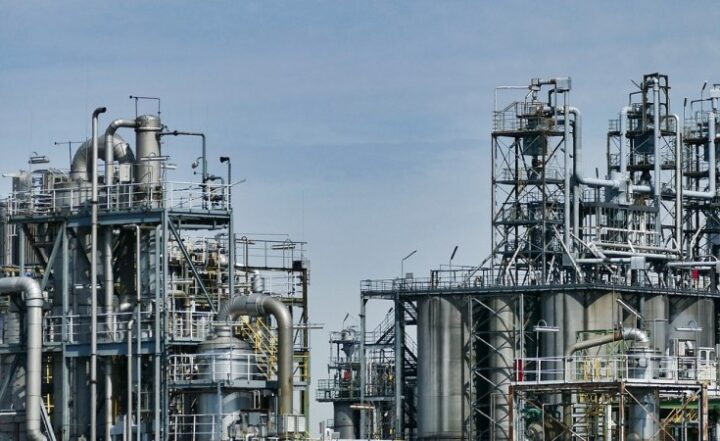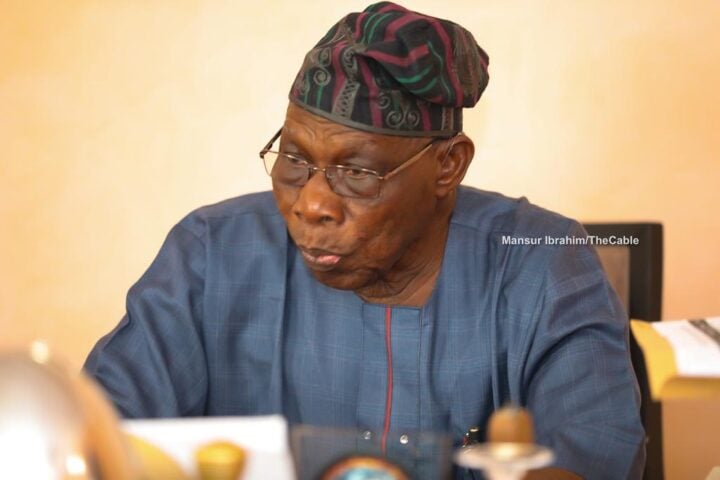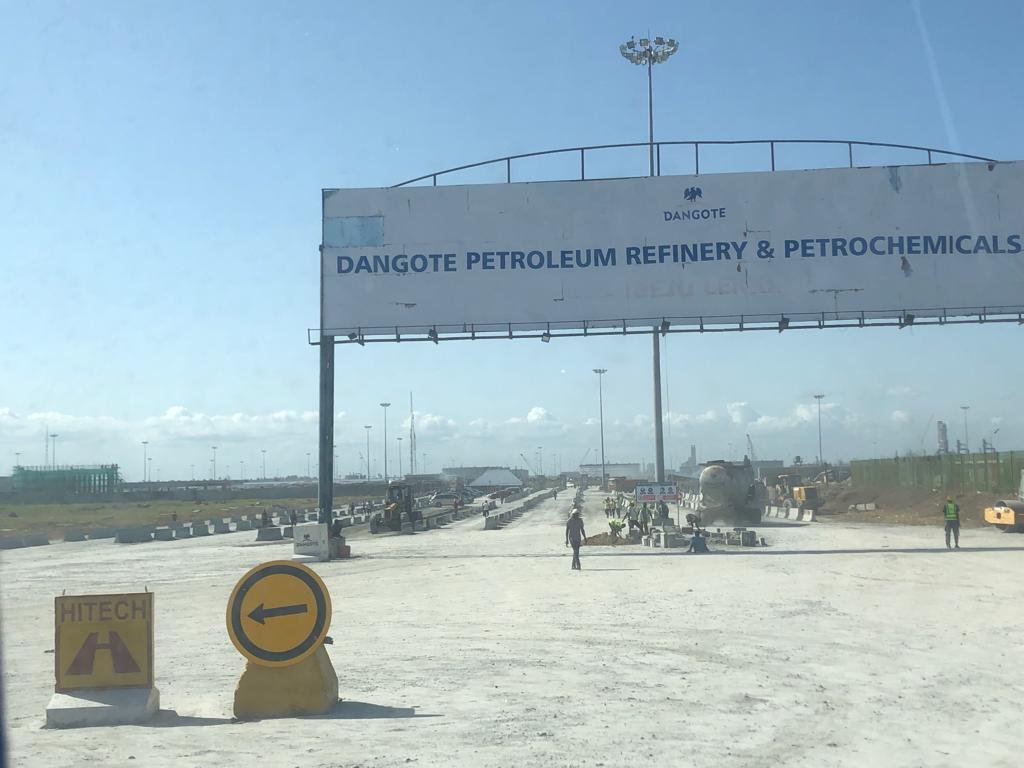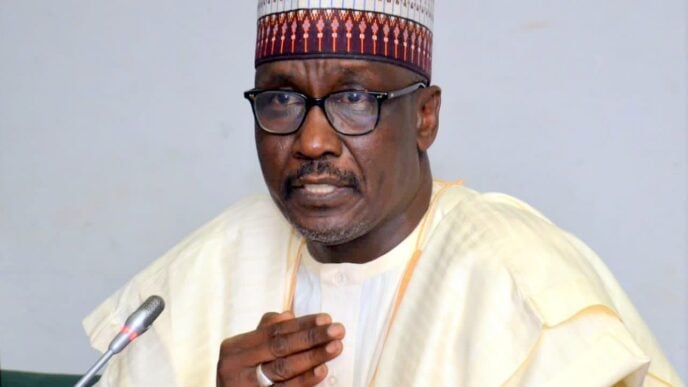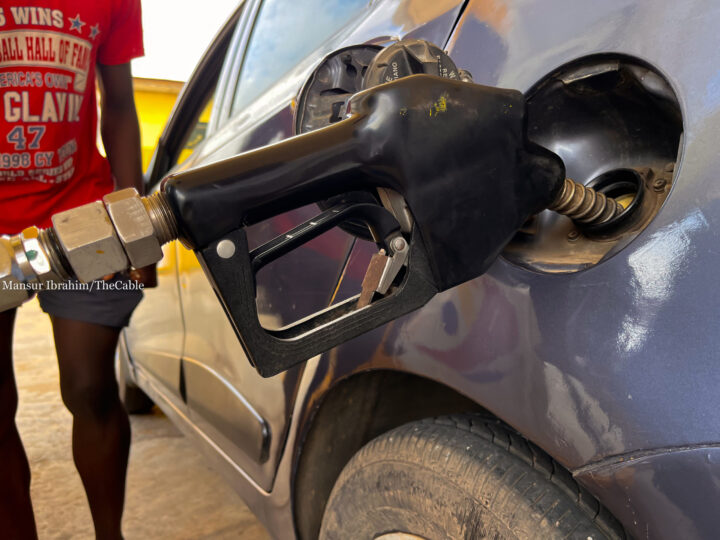A coalition of civil society organisations (CSO) have collaborated to establish a situation room to monitor the compliance of the Nigerian National Petroleum Company (NNPC) Limited with the directive to selling crude oil to the Dangote refinery.
During a facility tour of the refinery at the weekend, leaders of the 28 CSOs said the disposition of the NNPC and the regulatory agencies portends that they “deliberately held down the nation’s refineries so that importation of petroleum products could continue”. r
On July 29, the federal executive council (FEC) approved a proposal by President Bola Tinubu for NNPC to sell crude oil to the Dangote refinery and other refineries in naira.
Speaking on behalf of the coalition, Solomon Adodo, convener of Rise Up for A United Nigeria, expressed concern over the regulatory agency’s support for petroleum importers — rather than local refineries — amid a forex crisis, causing high petroleum product prices.
Advertisement
He said the CSOs would petition the presidency on the need to adopt the Dangote refinery as a national asset that should be leveraged to release the country from the shackles of importing petrol while it exports crude.
“Going forward, we are going to set up a situation room to monitor the compliance of the NNPCL with the directive of Mr. President that Dangote Refinery would be supplied with Crude in Naira because we know that the enemies of the people would want to adopt another strategy to sabotage the presidential directive,” he said.
“It is a criminal audacity for an agency of government to brazenly disparage a national asset like Dangote Refinery, more so when government has four refineries and all of them are moribund, how then would you treat a orivate investors who has committed ÿ to build a functional refinery much more bigger than all the four own by government put together.”
Advertisement
Adodo said the CSOs would intensify advocacy to make the government grant Nigerians’ demands, which is granting the sale of crude to Dangote refinery in naira and also ensuring that “Dangote fuel” is available at petrol stations.
He appealed to the Dangote refinery management to persevere and not give up, pledging that they would launch a campaign in support of the refinery.
“Even if it means we should protest, we will. We can’t allow this international embarrassment to stand,” Adodo said.
He said all of the allegations of monopoly made against the Dangote refinery were merely an attempt to “hang a dog by calling it names”.
Advertisement
“What Dangote will stand is not monopoly but peoplepoly. We will write the American Society of Engineers over this and the European Union. We will maintain eternal vigilance,” he said.
‘WHY WE BOUGHT CRUDE FROM BRAZIL, THE UNITED STATES’
In his remarks, Devakumar Edwin, vice-president at Dangote Industries Limited, described the refinery as a value-adding facility as it would stop the exportation of Nigeria’s crude and importation of finished products.
He said many African countries lack value in their economies due to the export of raw minerals and importation of finished products, despite the need for a more balanced approach.
Advertisement
“This is what Dangote refinery seeks to correct, we did same in Cement and Sugar sectors where Nigeria was a a leading importer of those products and with the coming of Dangote leading the backward integration programme of the government, others came into the sector and together Nigeria now exports cement to other countries,” he said.
“We didn’t ask for any favour other than that we want to buy crude to produce, first they said there was no crude, later they said we would have to pay some dollars above the prevailing crude market price. And this is a global market where you can track crude prices anytime. We resorted to buying crude from Brazil and United States. Later they said we should not be announcing the price of the products. “
Advertisement
Edwin said the company would continue to focus on its business strategy, which is to add value to the Nigerian economy through investments and job creation for the country’s population.
He said Nigeria can only consume 45 percent of the capacity of the refinery while the remaining 55 percent would be exported, bringing into the country the much-needed foreign exchange (FX).
Advertisement
Add a comment
